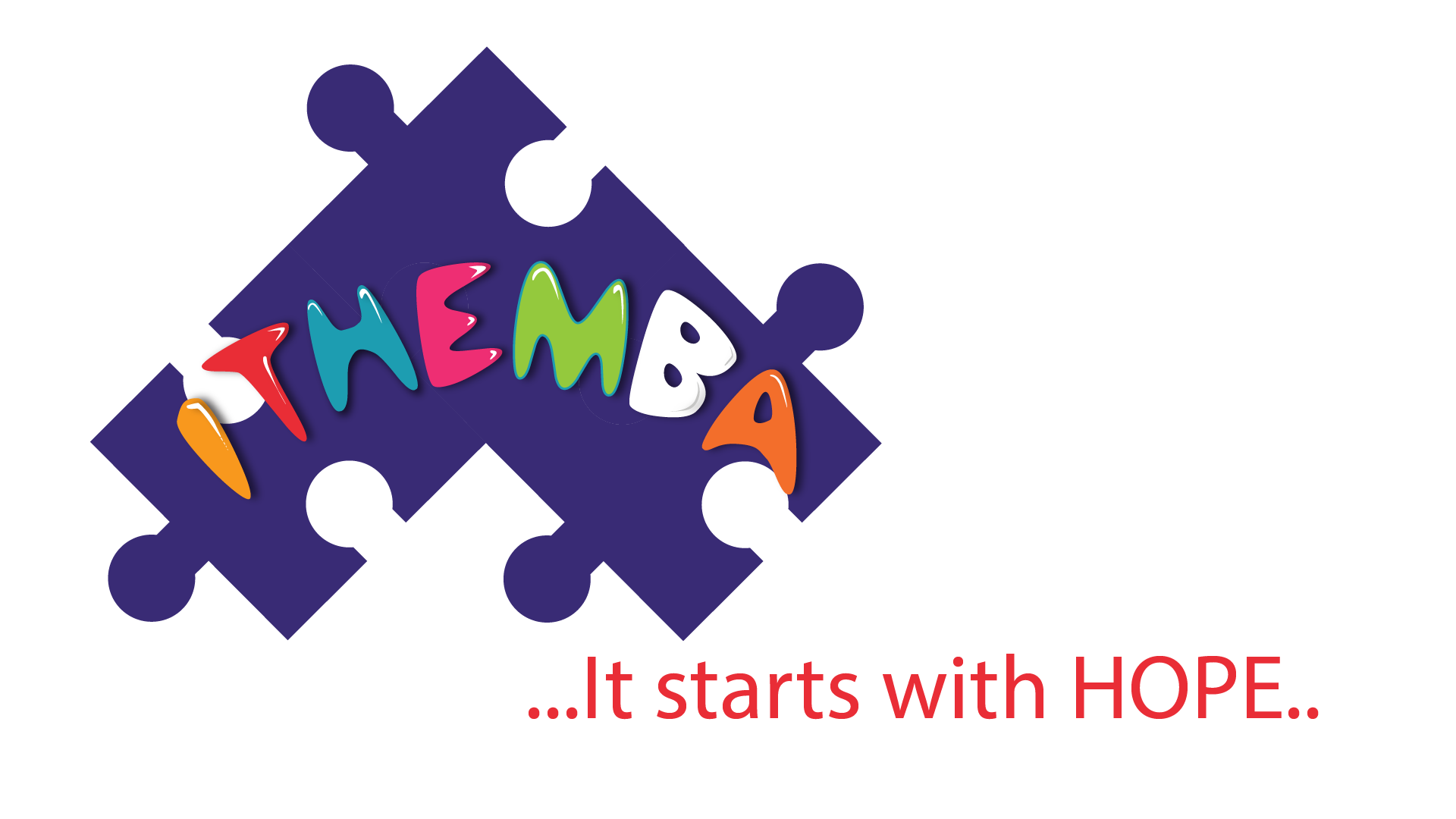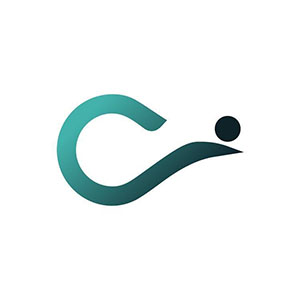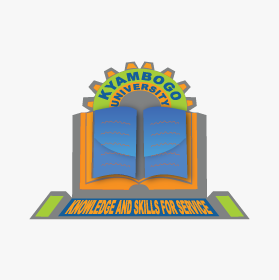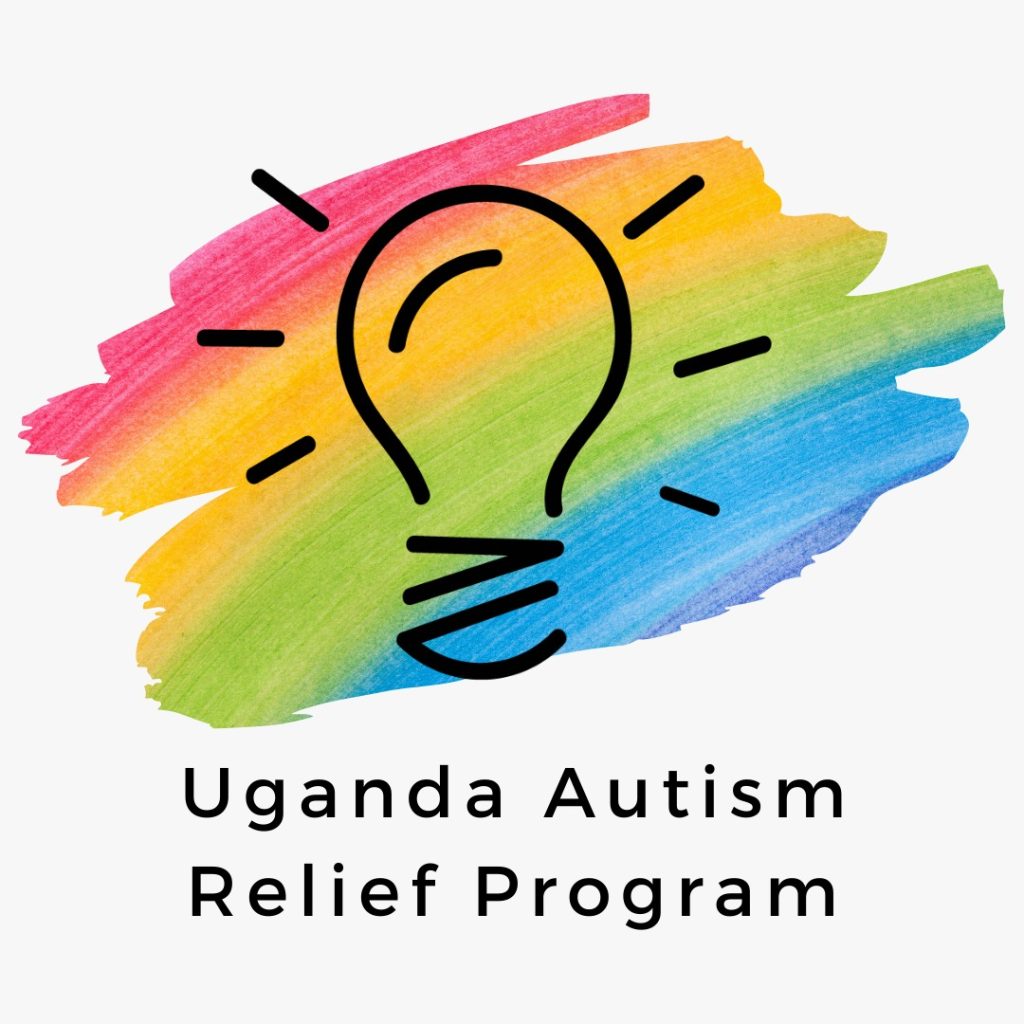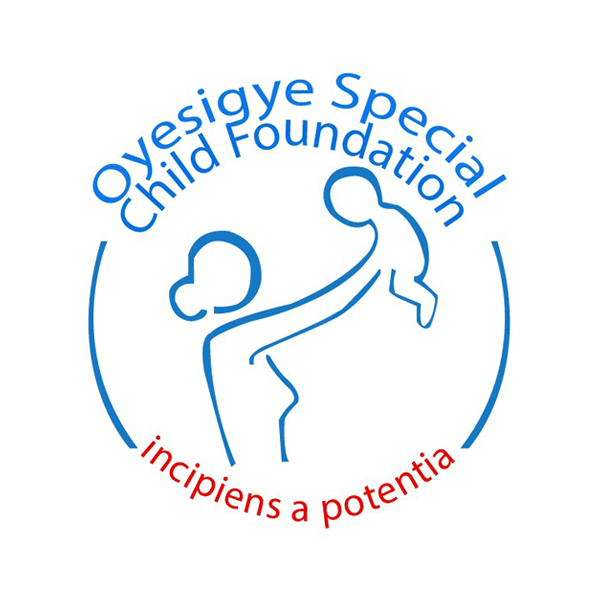


Quality services to all children with disabilities.
About Ithemba
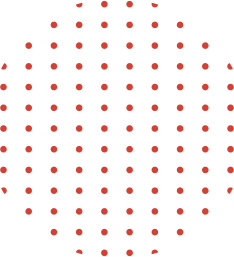
ITHEMBA Communities Uganda is a community-based Non-Profit organization, a Sanctuary for children with disabilities offering a range of services to suit the unique needs of children living with intellectual, physical and developmental disabilities, as well as traumatic brain injury. We are based in Kampala-Uganda, East Africa.
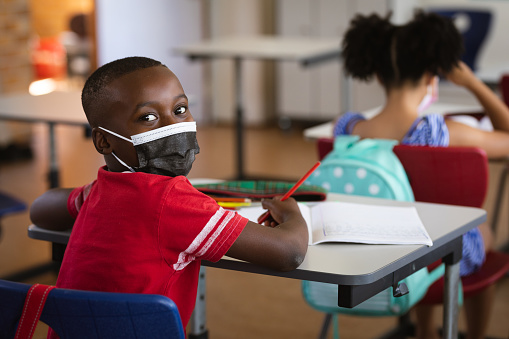
What change children's lives and the world
Our Mission & Vision
Mission
To provide children with special needs and special educational needs a tailored curriculum and crucial support needed for their growth and development in a holistic way.
Vision
Accessible pediatric rehabilitation services for all children with disabilities
What drives us
Our Core Values



Acceptance
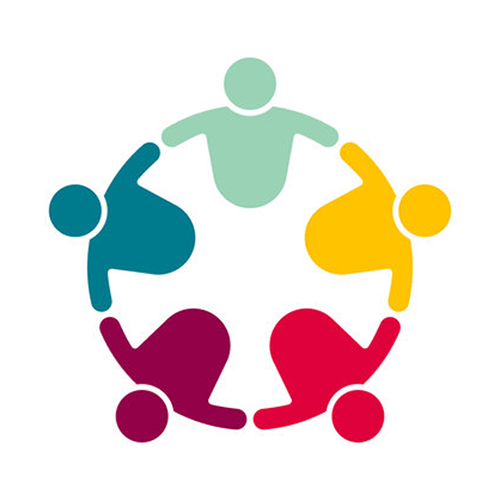
Teamwork
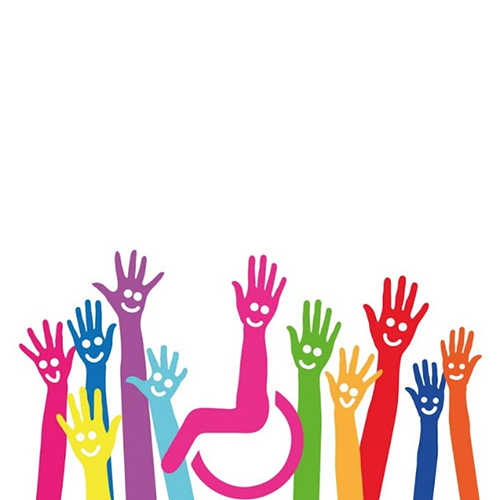
Inclusiveness

Professionalism
Improve daily independence through enhanced choice making.

Increase involvement in routine daily home/community activities.

Raise holistically happy children who enjoy learning with peers in an inclusive setting.

What we do
Our services


Shared Living
Onboarding by some clients fostered by our partner organization and families, we work with children with Disabilities in a resident setting: teach, offer therapy, monitor and release them back to their families after a period of 3-4 months with known breaks every after a quarter. This is benchmarked in the rate of therapy intensity required by the child, stifled by various factors in relation to access.
Recommendations to appreciate therapy using locally available materials, is given to family members; continue and manage regression as therapy is a continuous process.

Vacation
With us it’s home; a Sanctuary for all. All children have equal rights to move the world, explore and experience LIFE irrespective of their different ‘needs’. Plan with us a vacation for your child with disability for an exchange experience with our partners across the globe.
Environment change does not only help Neuro-typical children, but also those with disabilities too, as learning evolves everyday creating different experiences; children’s brains are porous for the better.
Don’t wait! Get the experience for your child with Disability:)
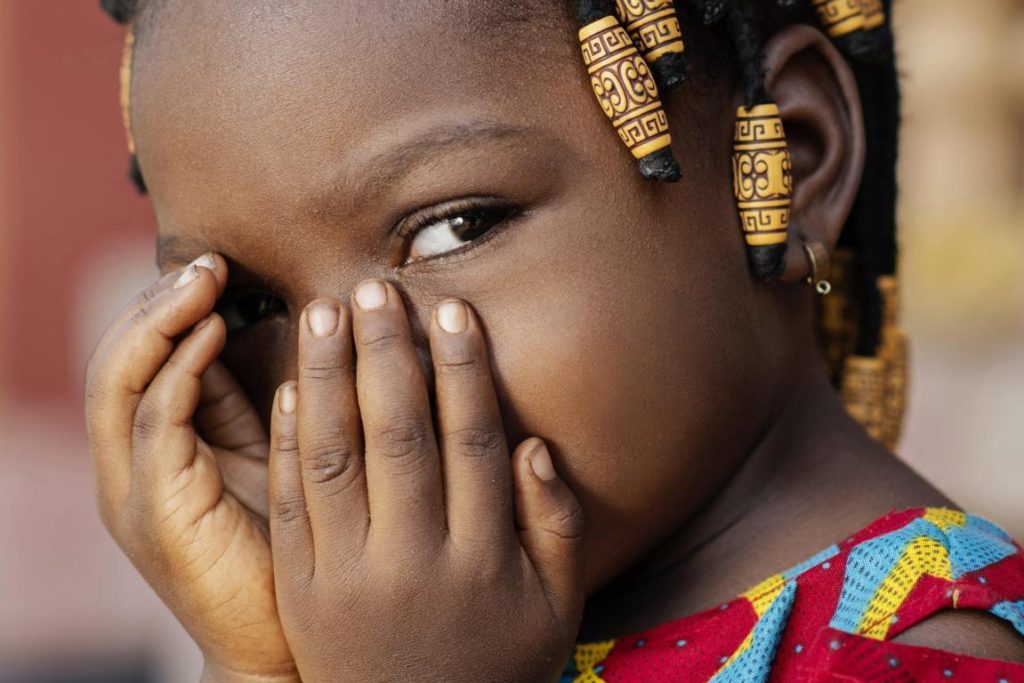
Supported Living
Working with us from an ECD perspective, we clearly highlight various needs of the child, when we deem it crucial to have a trained caregiver for your child with special needs, we find and hire one for you; to ensure proper child support and manage avoidable mistakes that can cause detrimental injuries to the child that already requires a special care. The family is required to accommodate the caregiver with our supervision routinely.

Physical Therapy
Through physical therapy, children who are born with or miss a milestone secondary to a certain ailment, are helped to recover following the right physical development chart, using different exercises and assistive devices; walkers, sanding frames, wall bars, walking frames, corner seats wedges, aiming at improving movement and general physical independence of the child.
A form of allied health profession that uses either heat treatment, massage, or exercise to manage injury, disease or deformity among children, to prevent disability reoccurrence, as well as catchup for missed physical milestones. Such restoration can start as early as six months when visible milestones such as neck control, proper posture in the spine haven’t been realized or any form of abnormal physical functionality in the child. Children with Spinabifida, cerebral palsy, Autism spectrum disorder with tactile problems and many more benefit from physical therapy.
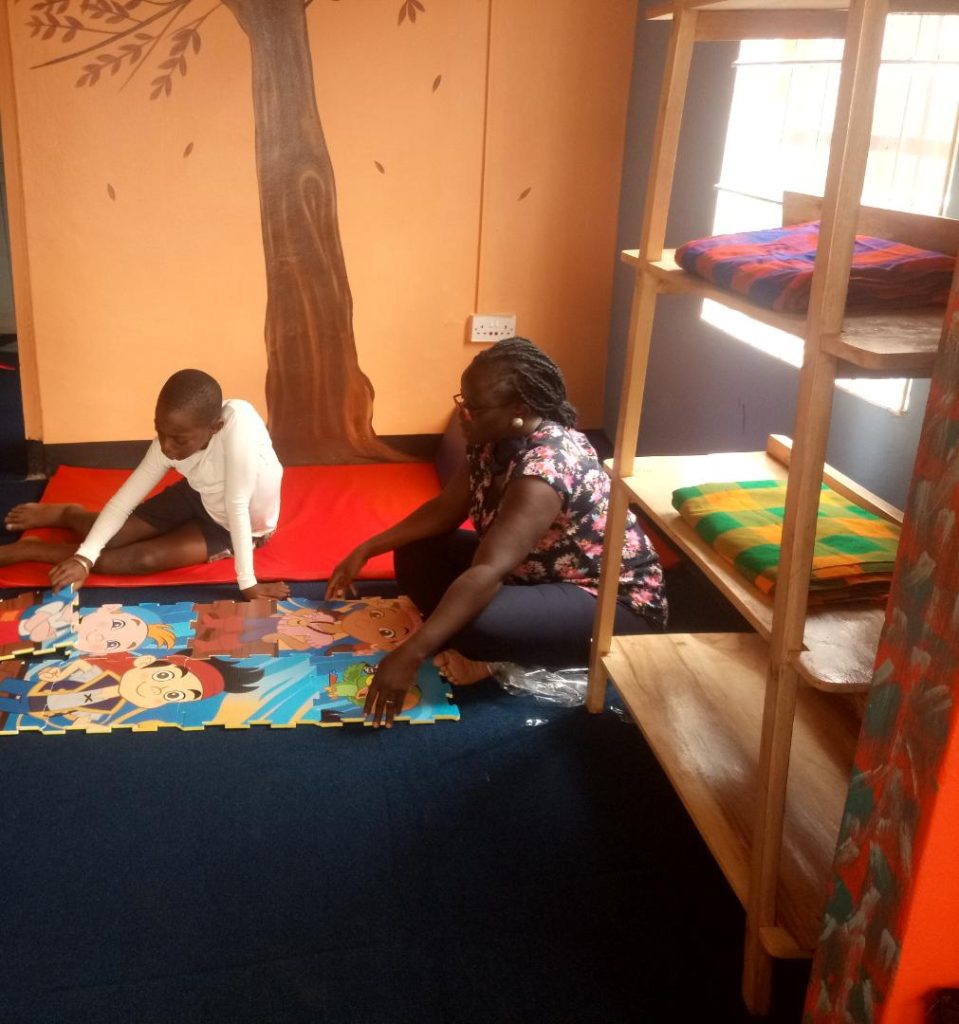
Daycare services
These are services that offer childcare outside the family home for young children. It is particularly intended for children who are not yet of an age to be covered by the formal school system. An important consideration to make is a child’s age for many reasons. Children are more vulnerable, at young ages when the immune system is developing, to infections and disease than when they are somewhat older. This means that health and sanitation conditions are particularly critical in daycare that is provided to the youngest children. Another reason that a child’s age is an important factor is the process of child development. The strong consensus from many disciplines is that it is critical for young children to develop a strong, affectionate tie with at least one primary caregiver.
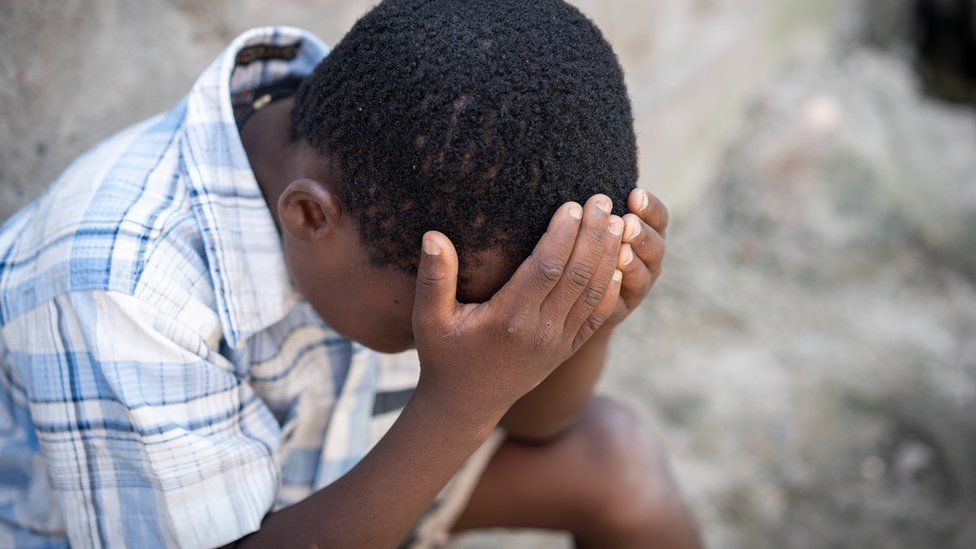
Counselling
We provide a safe, child-friendly and supportive environment for children entrusted to us. We focus on young children with one or more illnesses. Many of the issues these children face mimic the issues adults face in their day-to-day lives. Some of these common issues are grief, anxiety and depression. The goal of child counselling, however, is to break down problems into manageable parts, so children can better understand and cope with them.
According to therapytribe.com, when a child is suffering from mental, social or emotional, or psychological distress and/or trauma, it can be hard to cope with, especially when you feel like nothing is working or there’s nothing you can do to remedy the situation. That is where a child counsellor can be extremely beneficial.
In addition, child counselling can be invaluable to children who suffer from obsessive-compulsive disorder, post-traumatic stress disorder, or general anxiety disorder. It is common for parents, paediatricians, and teachers to seek counselling services for children if they feel they are in need of professional help. Why? Well, because child counsellors can observe, assess, and identify the root cause of your child’s distress., or general anxiety disorder. It is common for parents, paediatricians, and teachers to seek counselling services for children if they feel they are in need of professional help. Why? Well, because child counsellors can observe, assess, and identify the root cause of your child’s distress.
Remember, the main goal of child counselling is to use the knowledge and expertise of a trained child counsellor to calm your concerns and help your child get the help he/she needs to function properly. A child counsellor can provide both you and your child with the tools needed to deal with issues and any mental health condition in a healthy and productive way. More so, this specialist can help both you and your child navigate uncomfortable, scary, anxiety-provoking, and challenging times with less stress and turmoil.
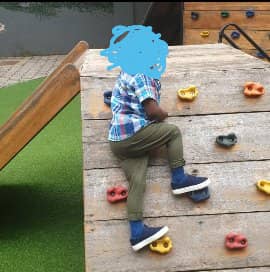
Physiotherapy
We offer treatment that is aimed at restoring, maintaining and making the most of a patient’s mobility, function and well-being. This treatment helps through physical rehabilitation, injury prevention and health and fitness. Physiotherapy involves different treatment and preventative approaches, depending on the specific problems a child is experiencing. It involves looking at the body as a whole, rather than focusing on the individual factors of an injury.
Therefore, giving general advice about ways to improve a child’s wellbeing – for example, by taking regular exercises and maintaining a healthy weight for his or her height and build – is an important part of treatment.

Speech, Language and Swallowing Therapy
General communication among children is fostered through speech, swallowing and Language therapy; children are taught chewing, drooling management, instruction following through this kind of therapy, when families realize a form of disability among them growing up, that might be secondary to forms of injury like brain injury, cerebral palsy, down syndrome and a lot more cases.
Activities such as bubble blowing, licking honey, jaw massages, pretend play, all help to improve the child’s communication gaps.

Occupational/ Vocational Therapy
Through using particular activities such as sand play, play-dough, teeth brushing, bathing, sensory integration activities: swinging, hammock suspensions and many more to recuperate from different forms of disability among children. This form of allied health profession, through our locally trained occupational therapists, care to children with disabilities is rejuvenated to foster independence using locally available materials, to scale service delivery and enable home-based programs for families.
Prior to enrollment, assessments are carried out to aid goal setting through an Individualized Care Plan (ICP) as every child presents themselves differently although they may have similar diagnosis.
Children with conditions such as autism spectrum disorder (ASD), down syndrome (DS), cerebral palsy (CP), muscular dystrophy, dyslexia, brain injury, attention deficit hyperactivity disorders (ADHD), mental hindrances, learning difficulty, Spinabifida, and a lot more conditions, benefit from occupational therapy
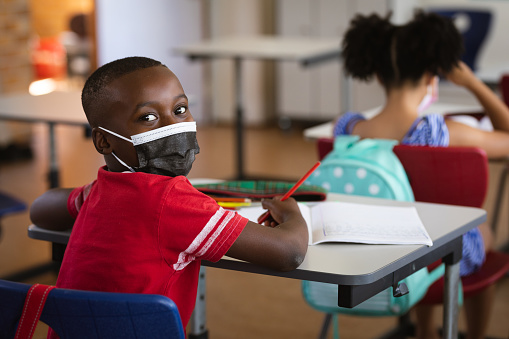
Inclusive learning / Special needs education
The right to education aims to ensure everyone achieves their human right to access quality education throughout life. An inclusive approach to education means that each individual’s needs are taken into account and that all learners participate and achieve together. It acknowledges that all children can learn and that every child has unique characteristics, interests, abilities and learning needs. Special focus is placed on learners who may be at risk of marginalization, exclusion or underachievement. For example, where a child has a disability he or she would not be separated from other learners in school and learning assessments and progress would take the disability into account.
There are many aspects to be considered in creating an inclusive learning environment including the development of policy with an inclusive lens, adequate and disaggregated data about learners, curriculum, teacher ability and attitudes, language and communication, assistive technology, physical access including transport, and community and family involvement. Children with disabilities are over-represented in the population of those who are not in education. Globally, there are between 93 million and 150 million children living with a disability – 80% of whom live in developing countries. Children and youth with sensory, physical, or learning disabilities are two-and-a-half times more likely than their peers to never go to school. Where disability intersects with other barriers, such as gender, poverty, or remoteness, the risk of exclusion is greater still.
